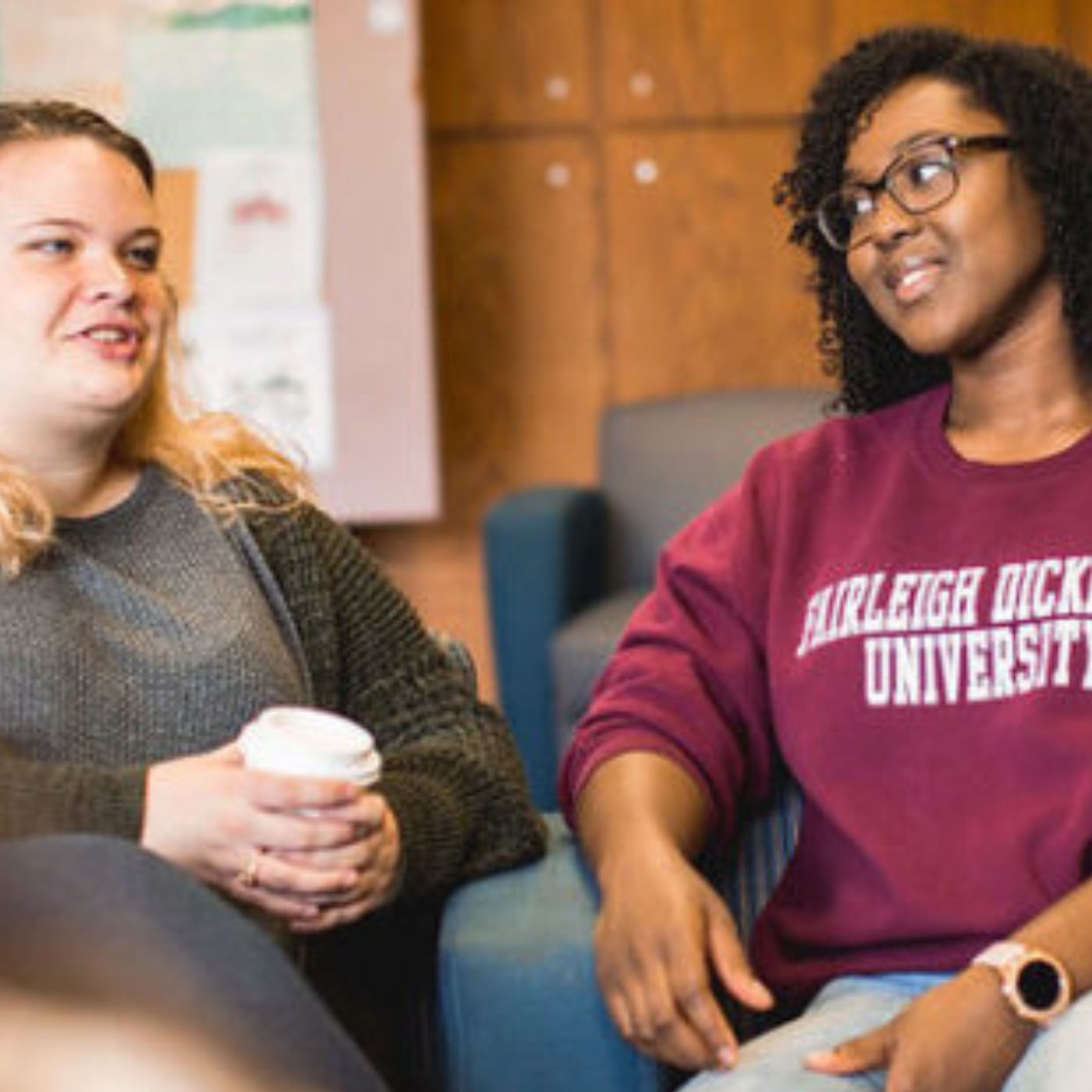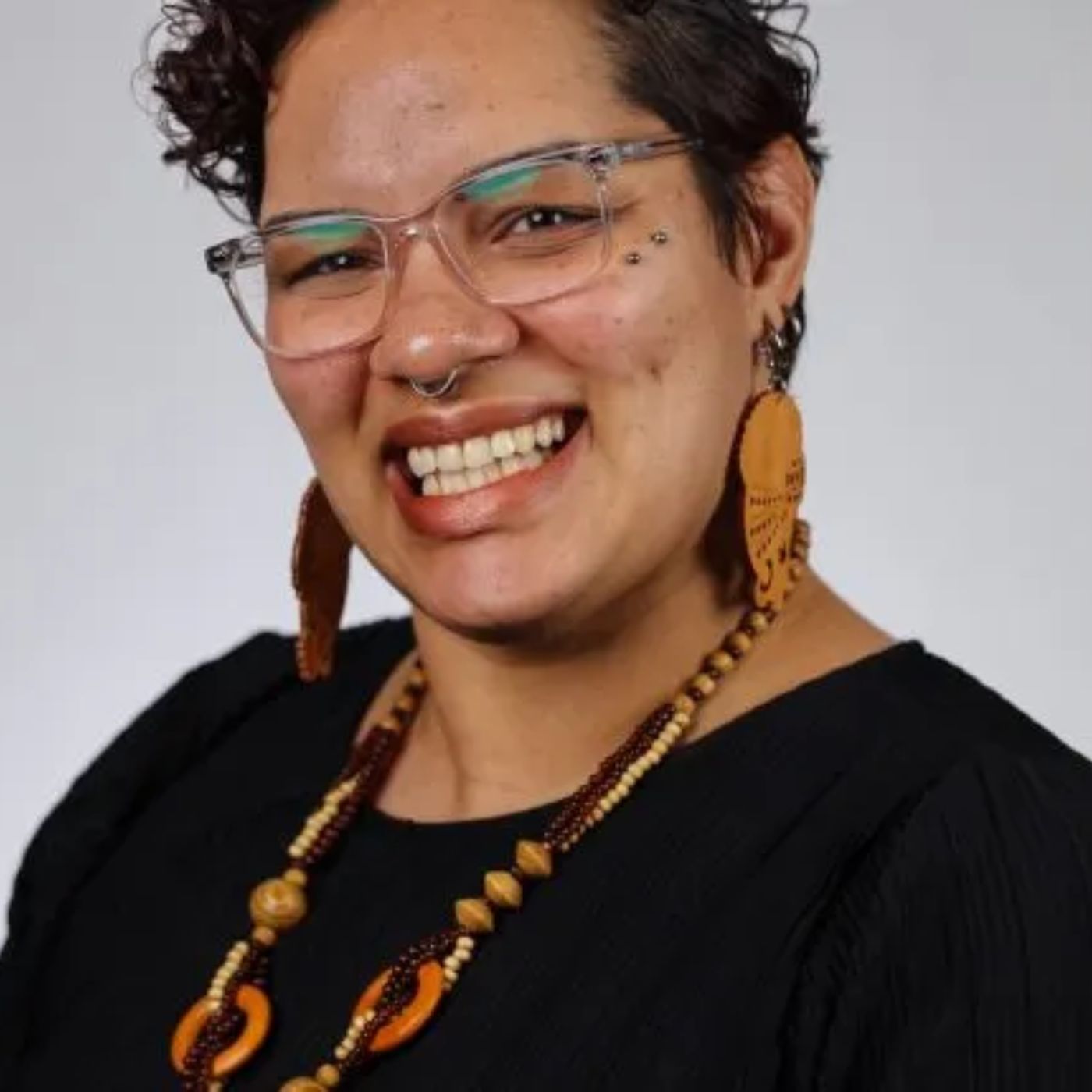We speak with Dr. Cynthia Ballenger about her recent book, “Teaching is Inquiry: Observation and Reflection as the Heart of Practice,” in which she explores the role of ethnography in inquiry-based teaching and learning, i.e., cultural practices in terms of speaking, storytelling, and conveying information. Teachers can discern a lot more about students if they listen to them in the context of their ethnic/ cultural styles of communicating. Dr. Ballenger also addresses the children she calls “puzzling.” Each of them has something to offer, she says, even those who seemingly have social-emotional challenges.
Overview
00:00-00:58 Intros
00:58-01:45 “Teaching Is Inquiry”
01:45-08:56 Ethnography of education
08:56-11:12 “Every child has something to offer the class.”
11:12-20:45 The “puzzling child”: more stories
20:45-24:10 Cultural and individual differences
24:10-27:43 Obsessive compulsive disorder (OCD)
27:43-30:17 “Stopping time.”
30:17-31:17 Importance of stories
31:17-34:41 Strengthening systemic support; ethical implications
34:41-36:45 Testing culture as anti-democratic and unethical
36:45-38:13 More reflections on OCD
38:13-38:37 Jerome Bruner on negotiating meaning
38:37- Outro
Transcript
Click here to see the full transcription of this episode.
References
Book “Teaching is Inquiry” by Dr. Cynthia Ballenger
Soundtrack by Poddington Bear

Zahava Stadler, Policy Director of EdBuild, explains how housing discrimination and state funding policies disadvantage Black and low-income districts. EdBuild has reported on funding...

We speak with Dr. Kathryn Spence, Director of the School of Education at Fairleigh Dickinson University, about actualizing a focus on social justice and...

We speak with Danielle Bryant, Director of Equity at Capital Region Educational Service District 113. Ms Bryant helps to break down isolation of Black...